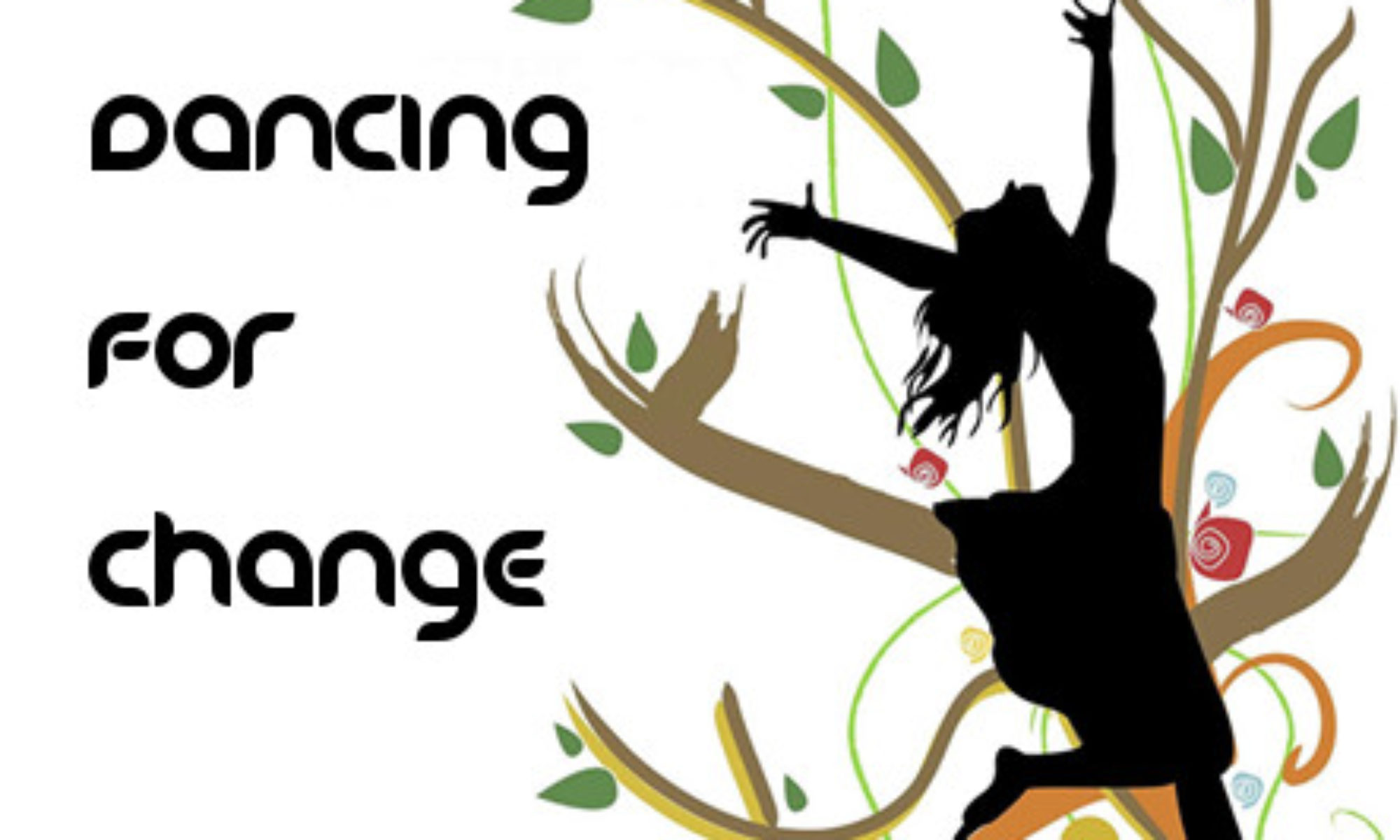From V.V. Raman’s article 55, MYSTERY: SCIENTIFIC PERSPECTIVES…*
Aside from the puzzles of nature that tease the human mind, there are at least two other types of mystery that one may experience in the scientific mode. First is the congruence of aesthetics with truth. Nature is orderly, for sure, and understandably so: or else, it is difficult to have a stable universe for a long stretch of time. But why should so much beauty be associated with order? Precise and inexorable laws are enough to keep the cosmic clockwork ticking away for eons. But why on earth (some pun intended) should they be so beautiful? Anybody who has reveled in the equations of Maxwell, Dirac, or Einstein, and contemplated the diagrams of Feynman must be touched by their aesthetic dimension no less than their explanatory prowess. As we behold the rich patterns and coloration in the landscapes and life forms that have evolved, whether birds or butterflies, mountains or lakes, we sense endless visual delights. On purely rational grounds, these are quite uncalled for. This could strike one as mystery.
Finally there is mystery in a mind that reflects, creates, sees the world in a grain of sand and scribbles eternity on a scrap of paper. Many scientists, in some of their reflective moments, have considered intelligibility of the phenomena as a great mystery. It is as if the whole universe becomes aware of itself through sparks in the human brain.
Thus, whereas religious vision sees a Mystery existent beyond perceived reality, it would seem that science is a mystery in itself: for it is a palpitation of the entire universe in a cerebral network under the human skull! This, to me, this is the most mysterious mystery all.
Once again, V.V. Raman has instigated deep reflection and creative gurgling. Why is the peacock always seen with Krishna? Surely all that colorful splendor isn’t a biological requirement. That’s Darwinian evolution full of itself. There is abundant beauty in the world, much beyond the point of survival of the fittest or biological imperatives. And it stretches well beyond visual beauty. Do foods really need to taste as delicious as they do? Who can deny the aesthetic attraction of a forest glad with babbling brook and twittering birds? It’s almost as if—and I’m sure others have tossed this idea around before—the whole universe was designed or came to being centered around more than just the pleasure principle, but bliss.
In the second mystery he mentions the human ability to recognize and experience this. The Hindus taught that bliss is one path to the Godhead. Joseph Campbell picked it up as “Follow your bliss.” And Pierre Teilhard de Chardin stated simply, “Joy is the most infallible sign of the presence of God.” An ancient proverb is that evil cannot exist in a place of laughter. Laughter is the best medicine. Ecstasy is often associated with divine trance. It is here that religion and science can meet and dance hand in hand as we celebrate the wondrous pleasantness of life and our capacity to enjoy it.
*I couldn’t find that article when I last checked on Metanexus.net, 3/7/2021.
